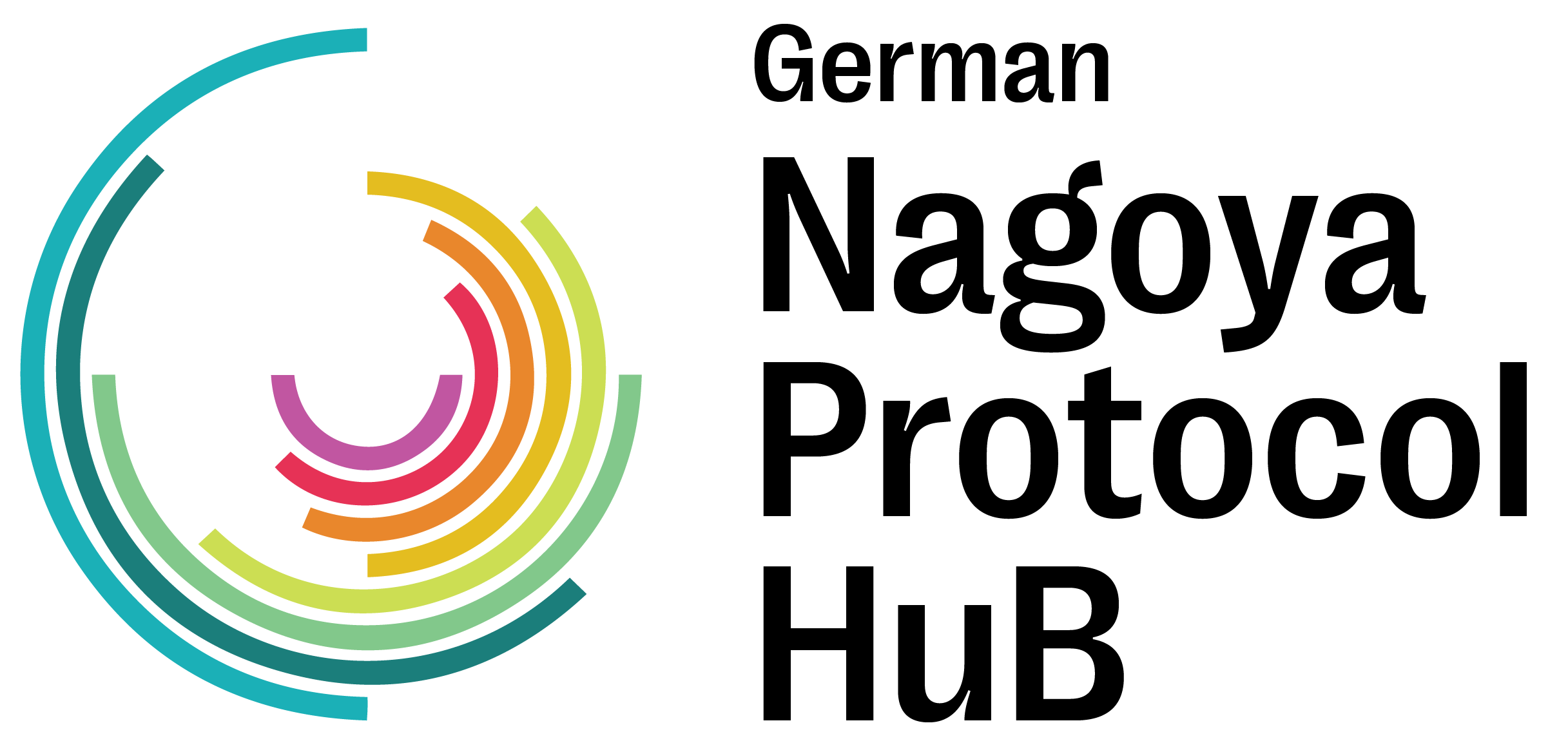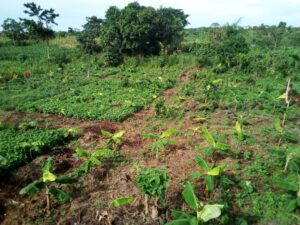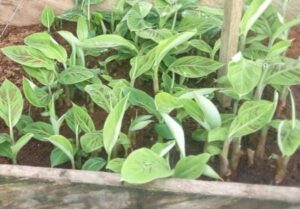ABS stories
Learning from experience: Cameroon
Institute: A German research institute
Biological material: Plant, soil microorganisms
Research field: Microbiology, Plant biology, Agronomy
Research: Basic, non-commercial
Focus: Beneficial plant-microorganism interactions in the soil that may be useful for agricultural application in Africa.
Collaboration partner: A local university
Collection: The partner in Cameroon collected the material in the field.
Funding: German Federal Ministry of Education and Research (BMBF)
Funding period: 2020 – 2022
Photo: C. Ngosong
ABS Process
Time needed for first response from the National Focal Point: About 1 week (first contact took place via a phone call)
Amount of time invested full time in the process: 2 weeks
Time needed until all ABS documents were obtained: The competent national authority processes the application in 3 months (it can take up to 6 months depending on when the application is lodged because the committee that makes the decision whether to issue an ABS permit or not only meets once every six months)
ABS documents needed: ABS permit
Other documents needed: Research permit, collaboration agreement, and the project proposal
The researchers started the ABS process immediately after submitting their project proposal, i.e. 1 year before the project actually started.
A cooperation agreement between the partners was needed as a pre-condition for the ABS project.
The first step in the ABS process was to obtain a research permit from the Ministry of Scientific Research and Innovation (MINRESI). The application for an ABS permit is then lodged with the Ministry of Environment and Forestry (MINEPDED). This is only possible after the research permit has been issued. The Cameroonian partner handled the communication with the authorities in Cameroon, organizing both the research and ABS permits.
The committee responsible for making decisions about ABS permits meets every 6 months. The researcher at the Cameroonian university was fortunate that the meeting of the ABS committee was rescheduled to accommodate the application, so there was no need to wait 6 months for the next meeting and thus delay the research.
The ABS permit is only valid for one year in Cameroon but yearly renewal is possible.
Photo: C. Ngosong
Benefit-sharing
As the research is non-commercial, the cooperation agreement between the German research institute and Cameroonian university ensures benefit-sharing.
What are the benefits to be shared?
- Joint research and publication of results
- Development of biological products to improve crop production
Do the results have to be shared with the Cameroonian authority? No direct benefit sharing with Cameroonian authorities is necessary for this project, but if there is any potential for commercial use and application of the project results, a benefit-sharing agreement must first be signed with the Cameroonian government, mainly to authorize commercial exploitation of the results.
Advice for other researchers obtaining biological material from Cameroon
The research institute had a positive experience with ABS in Cameroon. What do they suggest?
![]()
Start early with ABS! The competent national authority was able to process the application in several months but there was a lot of preparatory work by the Cameroonian partner that went into the process before that, e.g. communicating with the authority about the proposed research, getting information about ABS requirements in Cameroon and arranging the necessary supporting documents (research permit, collaboration agreement) etc. You need time!
![]()
Ask your local partner for help with the ABS process. In this case, the Cameroonian partner played a key role in organizing both the research and ABS permits. It was necessary for the partner to go to the authorities’ offices in person on many occasions, which would have been impossible from Germany, especially in light of the travel Corona related travel restrictions in 2020. Without support, there could be significant delays in obtaining the research and ABS permits.
![]()
You should strongly consider the costs for your local partner associated with supporting the ABS process, which is most often not included in the operational budget. If the partner has to travel to the authorities in Yaoundé on many occasions to follow up the applications in person, it can become very costly.
![]()
Make sure you clearly communicate the importance of the ABS process to your collaboration partners and how it can benefit them. If they support the process, it can represent a significant investment of their time and energy so there needs to be some motivation for them to contribute to the ABS process. Such benefits might be capacity building and funding for their students, funding for some research materials and lab equipment, potential commercial benefits resulting from the project findings, etc.
![]()
Be transparent with the authorities on your work, indicating clearly who is involved, and what the outputs of the research will be.
![]()
Keep in mind that the ABS permit must be renewed annually and if you need an extension, you need to start early enough to make sure your permit does not expire.
![]()
The local researcher to whom the research permit is issued MUST submit a project report to the competent authorities at MINRESI, or he/she will NEVER be issued a permit again.






